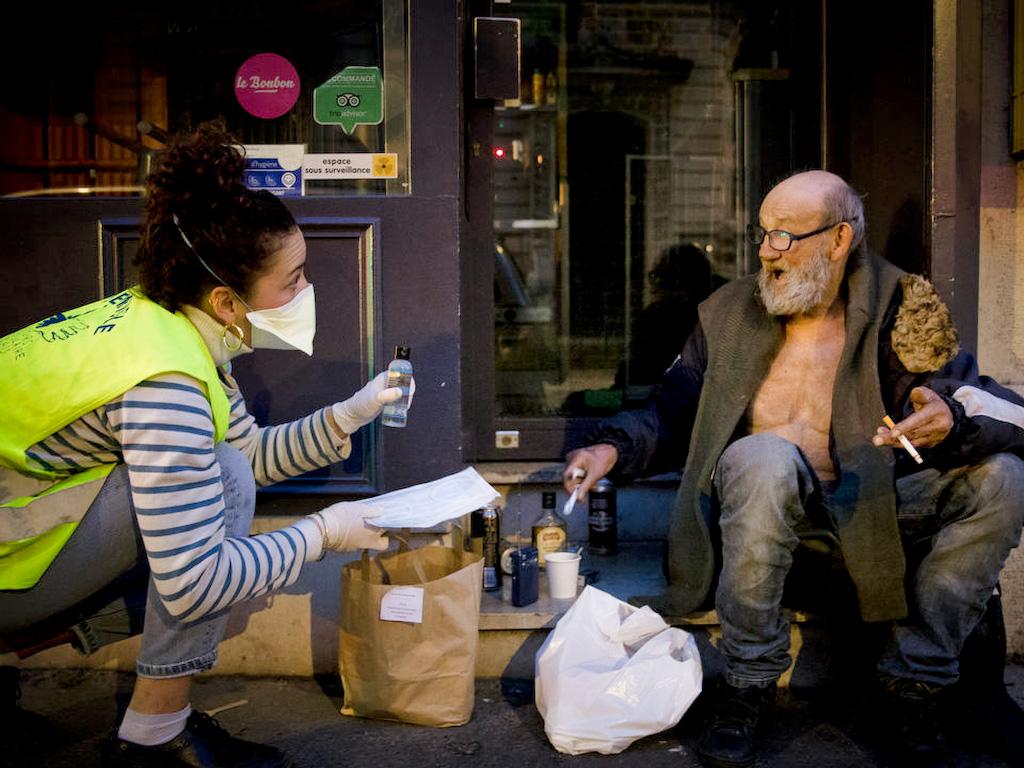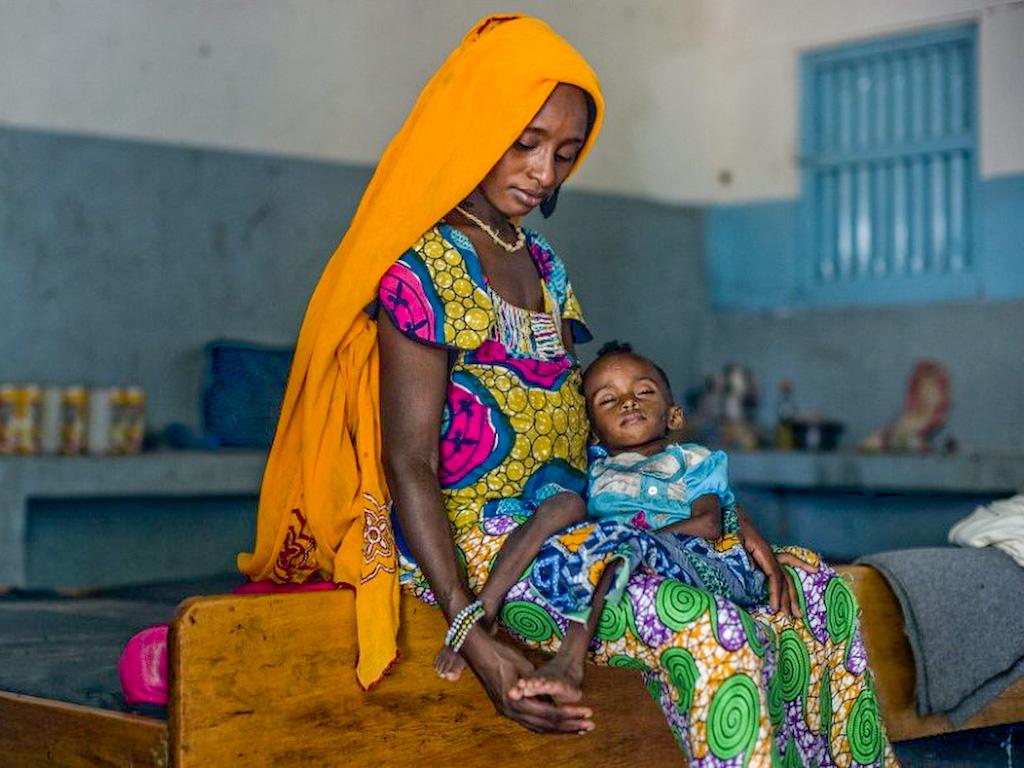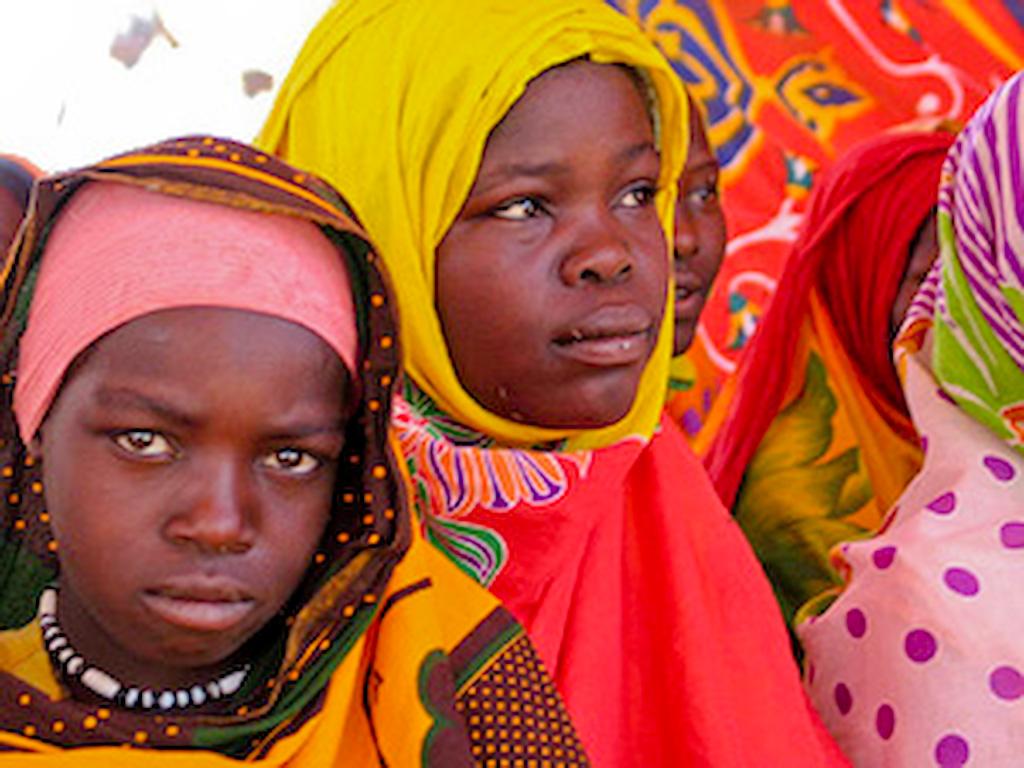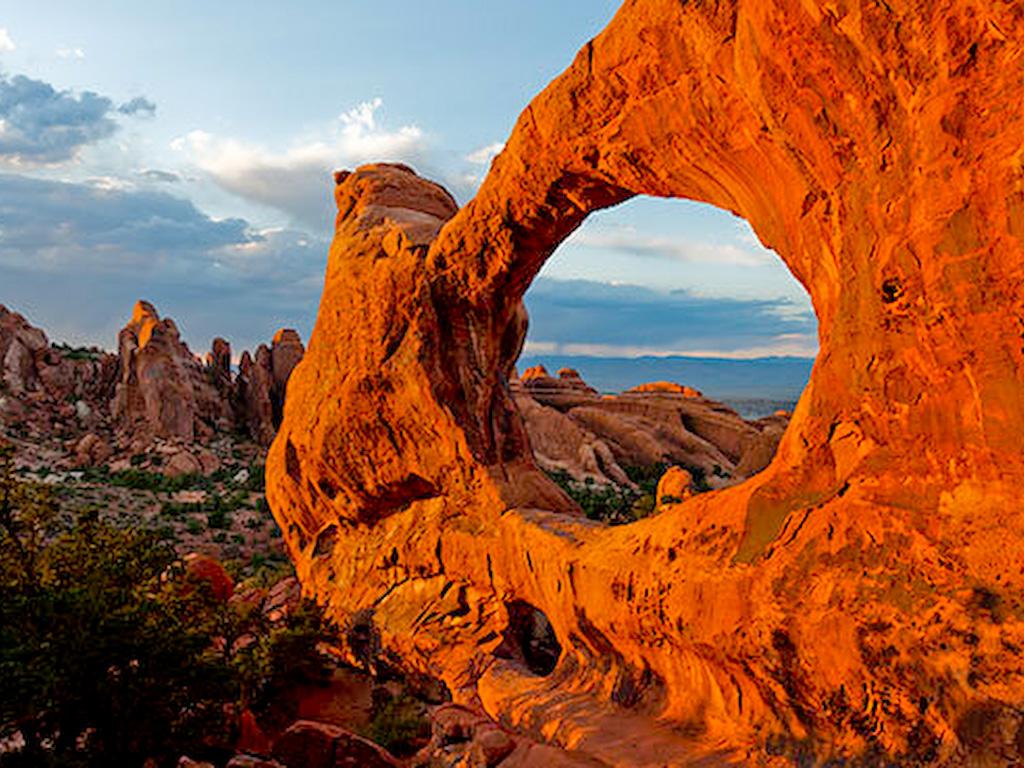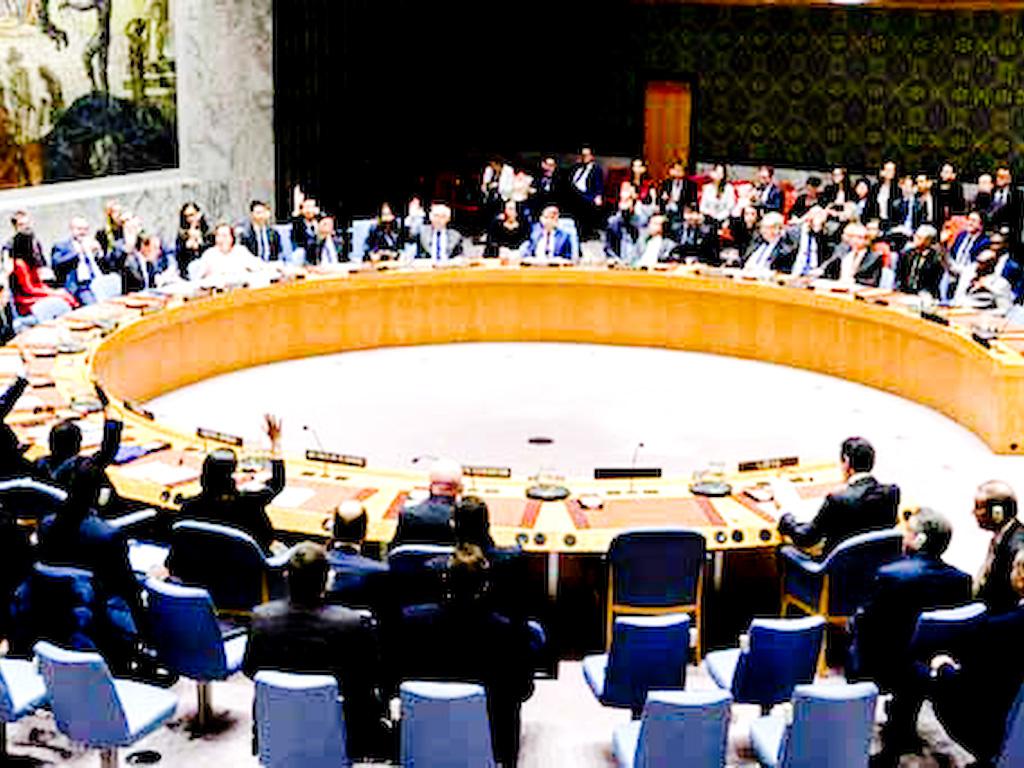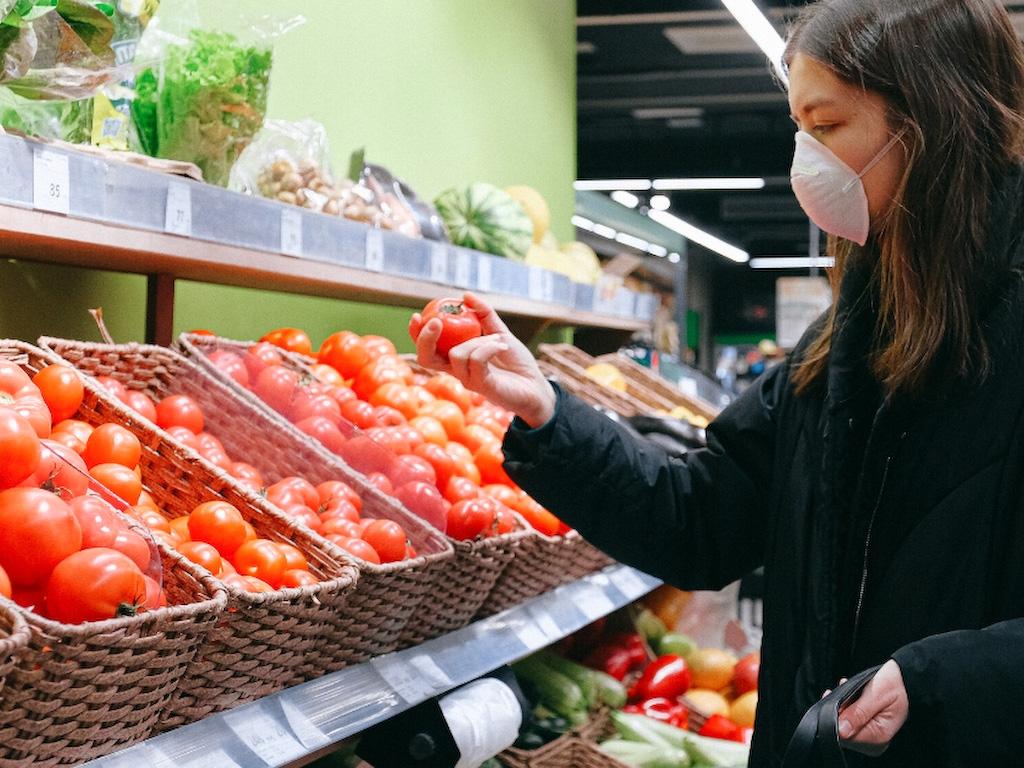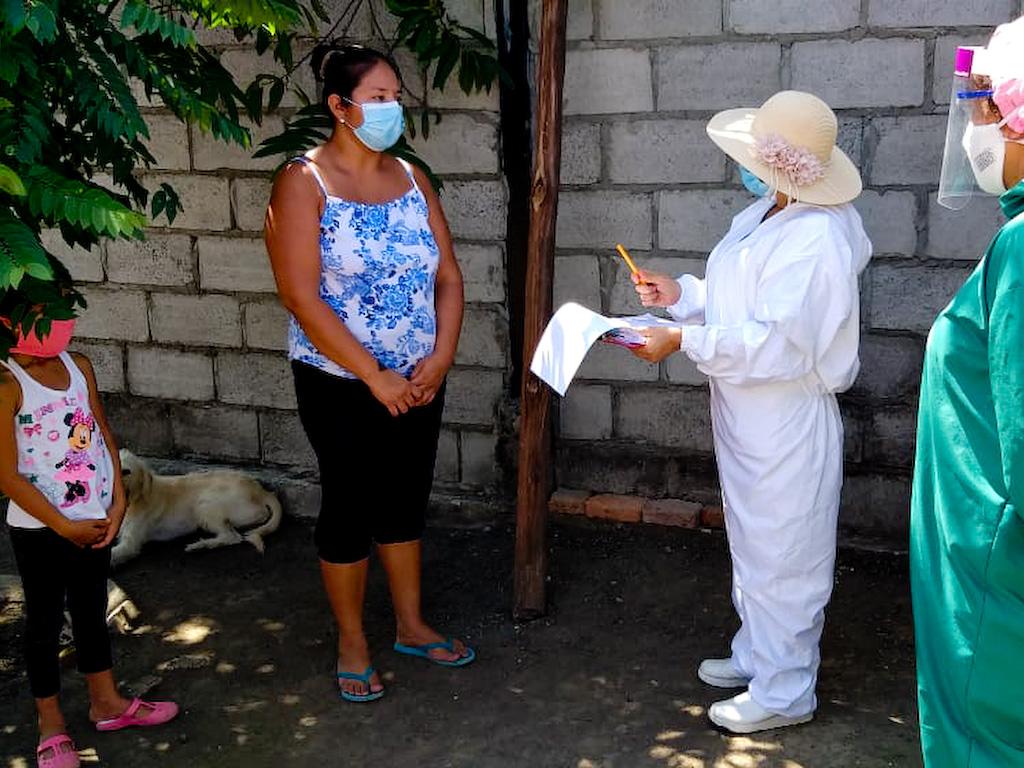Jpic News from John Paul Blog - Vol. 8 - N 8
|
THE NEWS OF THE MONTH
Free to say what they tell you to thinkToday, thanks to social networks, the information chain has become almost unlimited, paving the way for the transmission of all kinds of values that have visibly and radically changed. Values that in the not so distant past were indisputable have become obsolete, unpopular or in contrast to the orientations of society, and are considered such as means of a furtive dominant power, of religious obscurantism, of patriarchy and of policies that oppress minorities. For example, the controversial trinomial, Family, God and Homeland (Translated by Alissa D’Vale) The new values seek to find their unity under the flag of human rights, which they are not, and they are not intended to be, civil rights but rather individual rights: abortion, homosexuality, free unions, surrogacy paternity or maternity, freedom of speech and expression without limitations, intransigent private property, undocumented mobility, total free trade, and many others that today dominate the imaginary horizon of virtual society. The confrontation between the different values does not occur in a respectful dialogue, like in the academic or political arena, with recognized and accepted references as frameworks. Rather, it overflows in street violence, insults, aggressive and oppressive confrontations of all kinds – right or wrong considered, as the last possible resource for an alternative way of thinking that is seen still dominant. The freedom to express any idea and spread it by any means can, however, also become a weapon of domination, damaging the dignity of people and the integrity of the community. All freedoms, even fundamental ones such as freedom of speech and expression, cannot be unlimited. The concept of limit is inherent to the concept of law in a democracy, so that rights can coexist as a whole. The freedoms and rights of others are of these limits, and each right must necessarily be limited if it wants to coexist with the other rights in an orderly and viable manner. Are these criteria, theoretically valid, sufficient also to guarantee the exercise of a right while respecting other rights? It doesn't seem like it. Go on reading | |
|
THE GOOD NEWS
Could the pandemic create a less exclusive economy?The covid-19 pandemic has highlighted the global crises that were already there, the recognition of a dysfunctional economy and the driving force behind highly unequal societies – which favors new paths, fears and hopes, but the future remains unknown. It is impossible to predict the changes that will come from this tragedy, because “there are too many variables and uncontrollable interactions,” says Brazilian economist Ladislau Dowbor, a graduate professor at the Pontifical Catholic University of São Paulo, who sees the coronavirus as a crisis aggravated by a series of other factors. Neoliberal economic policies have tried to reduce the role of the State and adhere to a fiscal austerity that has limited investments in public health systems. Now all of this has a heavy weight, the poor are more vulnerable to the coronavirus, and the responsiveness to the pandemic has declined. Inequality – reflected in income, housing, poor sanitation, overcrowding and long trips in public transport – favors the spread of the virus and its lethality. This has been verified in the United States and it is feared that it will be widely confirmed in Latin America and Africa. The poor distribution of the world’s wealth erodes the defenses of society: liberal economists acknowledge this as it has been evidenced in previous epidemics and environmental disasters. “The covid-19 pandemic will increase awareness of this fragility, especially in Brazil, where the concentration of income is growing rapidly. Its 74 thousand millionaires in 2012 increased to 206 in 2019,” said Dowbor, based on Forbes magazine. Go on reading | |
|
THE WORST NEWS
The ghosts that make refugees hungry in AfricaHunger is caused by a combination of six scourges and puts millions of refugees in Africa at serious risk, say the World Food Program (WFP) and the United Nations Refugee Agency’s (UNHCR) authorities. Lack of funds, armed conflicts, natural disasters, disruptions in supply chains, loss of income, and rising food prices are the ghosts that will leave millions of refugees without food. A quarter of the 30 million refugees in the world are in Africa - not counting the displaced within their own country - and some 18 million of them are under the care of UNHCR. Many of the refugees before the pandemic managed to survive on their own, now "millions depend on regular help to meet their food needs, and half are children," says Filippo Grandi, UNHCR's highest authority. Thus, in Ethiopia, in refugee camps, 62% of children suffer from anemia. WFP has had to cut food for refugees who have fled from the DR-Congo, from the Central African Republic and the Lake Chad region, due to lack of funds by between 30 and 50%. WFP would allocate 694 of the $ 1.2 billion it has requested to Africa for helping 10 million refugees worldwide. UNHCR is also seeking $ 745 million of which about $ 227 million would go to Africa. But only, if the donor countries keep their promises and the increase in food prices does not make the situation worse. These prices rose 27% in Rwanda this year and are 40% more expensive than in 2018. Not to mention that, in addition to armed conflict, insecurity and drought, in the Sahel, for example, where there are 1.2 million refugees, the closing of the borders for epidemic reasons is a major obstacle to the food supply. See here in Seis fantasmas dejan sin comida a los refugiados de África. See more here in UNHCR, WFP warn refugees in Africa face hunger amid COVID-19 Photo - Fatouma fled the Central African Republic with her daughter, Aïshatou, who is being treated for malnutrition in southern Chad. © UNHCR / C. Fohlen
| |
|
CELEBRATING!
Sudan: a change to celebrate?On the July 12ththe Anadolu Agency - 100 Years Website, published a short note by Mohammed Amin with, if but in practice, two pieces of good news: in wide-ranging amendments in its criminal laws, Sudan bans FGM (Female Genital Mutilation) and repeals death sentences for apostasy. According to the 1991 Criminal Law brought by the ousted Omer al-Bashir government, the punishment for apostasy was stoning to death. In a public declaration, the Sudanese Justice Minister Nasredeen Abdulbari said, “We canceled Article 126 of the Sudanese Criminal Law and have ensured religious freedom and equality in citizenship and rule of law.” New laws permits also the drinking of alcohol for Sudanese Christians and has forbidden lashing as a punishment. “All these changes are aiming at achieving equality in front of the law. We have dropped all the articles that had led to any kind of discrimination. We ensure our people that the legal reformation will continue until we drop all the laws violating human rights in Sudan,” he stressed. The minister also confirmed that the new laws have banned the practice of female genital mutilation (FGM). The minister announced also that the government is working to reform other legal provisions so to drop all discrimination against the women and children. © Irin Photo. Girl for the MGF
| |
|
TAKE ACTION NOW!
“Sowing Hope for the Planet”Sister Sheila Kinsey, a North-American Franciscan Sister of Daughters of the Sacred Hearts of Jesus and Mary (FCJM), is also the executive secretary of the Commission for Justice, Peace and Integrity of Creation (JPIC) of the Union of Superiors General (USG) and International Union of Superior Generals (UISG). She talks about what ‘interconnection’ means. Sister Sheila coordinates the Sowing Hope for the Planet World Campaign. “The world is interconnected. The exploitation of the Earth is interconnected, the repercussions of ‘extractivism’ (that is the emptying of above and below ground mines) on people and its negative effects are interconnected.” However, fortunately, “so is the ability to build a barrier to address exploitation!” Sowing Hope for the Planet is a project open to all the sisters belonging to congregations associated with UISG, who “have the opportunity to make a difference in caring for the planet”. This project is the result of the collaboration between the UISG-JPIC Commission and the World Catholic Movement for the Climate (MCMC). “The method is the Theology of Doing: it is not limited to spreading information, rather it tends toward taking action - Sr. Sheila says-. A country like the Democratic Republic of the Congo, for example, is light years away from the Brazilian Amazon”. However, the “exploitation of the mines that takes place in both countries is almost identical. There is also a correlation between the exploitation of enslaved people and the looting of the land.” Go on reading | |
|
KNOWING THE UNITED NATIONS
Is this the UN we want?This section of our Newsletter took 18 months to introduce and present the 17 Sustainable Development Goals (SDGs). We will continue to dedicate this space to the United Nation (UN), presenting its commissions, its organizations, the issues and problems that this global organization has awakened. Like other institutions, there were many hopes, which also left the bitterness of too many disappointments. In the year of 2020, the UN celebrates its 75 years of existence. Few years considering all of the problems faced and the scope of its objectives. Too many for the few results obtained. The effort to show off an institution that shows signs of decay does not overshadow the will of many to rejuvenate it. It is the only global institution that could guarantee a future of peace, well-being and social progress due to its ambitious birth, its statutes, and its experience; if only it could manage to get through the preamble of its founding Charter. There it is proclaimed: “We the Peoples of the United Nations determined to save succeeding generations from the scourge of war, which twice in our lifetime has brought untold sorrow to mankind, and to reaffirm faith in the fundamental human rights, in the dignity and worth of the human person, in the equal rights of men and women and of nations large and small, and to establish conditions under which justice and respect for the obligations arising from treaties and other sources of international law can be maintained, and to promote social progress and better standards of life in larger freedom, and for these ends:
In an article posted on June 9th2020, for IPS, Thalif Deent denounces the first obstacle for an efficient UN and the service of its founding ideals: UN Chiefs Silenced by Big Powers with Vetoes. Go on reading | |
|
KEEP HOPING
storm of AfricaStorms in Africa Storms in Africa is one of Enya’s music so haunting yet so beautiful to be called Storms of beauty in Africa! Universal music travels so deeply within souls waking the past of an amazing continent, a paradise with lakes of waters even in the Sahara. As little 6,000 years ago, the vast Sahara desert was tropical, covered in grassland that received plenty of rainfall, but shifts in the world's weather patterns abruptly transformed the vegetated region into some of the driest land on Earth. What happened? A Texas A&M university researcher trying to uncover the clues responsible for this climate transformation points to the Hadley circulation that rises near the equator. The Hadley circulation is a tropical atmospheric circulation linked to the subtropical trade winds, tropical rain belts, and affects the position of severe storms, hurricanes, and the jet stream. Where it descends in the subtropics, it can create desert-like conditions. The majority of Earth's arid regions are, in fact, located in areas beneath the descending parts of the Hadley circulation. Other scientists, however, say that Humans drove rainforest into savannah in ancient Africa. This music by Enya, instead, seems to speak about the coming of storms again in Africa brought by a shift in the earth's tilt to bring monsoon rains back. Some expert says that it will soon come back, in less than 200 years. Then, Africa will be a paradise once again. In any case, this music truly captures Africa’s intense, wildly, mystical and vibrant beauty. Almost, beauty of the Earth, taking away all the politics, the misery, the poverty (however important and not to be ignored), showing the core, this primal world, beyond humans and artificial world. Listening to this music and watching the images, it takes one’s mind to the endless savanna. The gathering clouds in summer bellow and grumble as they become heavy, and far into the distance men start beating their traditional bongo drums, slowly working up a tempo, until the clouds echo and attune to their rhythm and the whole landscape prepares for storm and thunder. Watch and enjoy Storms in Africa | |
|
WORTH THINKING ON
Will Covid-19 shape our future?In just four months, the virus spread from China right throughout the world. By mid-April 2020, one quarter of the world’s population was on lockdown. At the end of June, the worldwide infection is continuing to rise, with more than 10 million confirmed cases. Global Death Toll Surpasses Half a Million (NYT, June 29th 2020). “History teaches us that pandemics can change things dramatically. Covid-19 will also change history dramatically?” Which are the Covid19 impacts? Focus is on economics. With many people in lockdown and out of work, all the projection and plans made by January 2020 have collapsed. From the anticipated global growth of 3.3%, through a threat of a sharply negative growth, the second part of 2020 is reviving feeble hopes to overcome quickly the severe reality of worldwide economic crisis. This economic crisis will affect even more the poor and the less developed countries According to Oxfam International’s report, Dignity not Destitution of 9 April 2020, “Covid-19 could push half a billion people into poverty”. .5 trillion are required to provide “cash for those who have lost their incomes and a bail-out for small, vulnerable businesses” and to “cancel the staggering trillion debt which poor and developing countries are due to pay in 2020 to richer countries and institutions.” Thus, “will rich countries, who are borrowing phenomenal amounts of money for their own domestic needs, even think of responding to the plight of poor people globally?”, ask Sean McDonagh SSC in his article How Covid-19 will shape the future? However, a new perspective is arising to connect the Covid19 pandemic with the destruction of biodiversity. McDonagh recalls the Spanish expression “God always forgives, we forgive but sometimes, nature never forgives,” that Pope Francis quoted while focusing “exclusively on the human element of the crisis.” Go on reading | |
|
RESOURCES
“The Dictatorship of the Economy”“Just as the commandment ‘thou shalt not kill’ places a clear limit on ensuring the value of human life, today we must say ‘no to an economy of exclusion and inequality’. This economy kills”. “The essay – edited by Ugo Mattei and introduced by the words of Luigi Ciotti – gathers eight of the most current and important papal interventions of Pope Francis: globalization, work, the economy, capitalism, lives on the margins of society, ecology and care for planet Earth. It is a warning against the economy that dominates us in order to affirm the defense of humanity and its future. It unites the encyclical ‘Laudato Sì’ on Schumacher’s environmental and ecumenical spirituality; the apostolic exhortation ‘Evangelii gaudium’ on the globalization of indifference and “I hate the indifferent” by Gramsci; and Francis’ speech on capitalism and the society of waste and the banality of evil by Hannah What is “disturbing” today “is the exclusion and marginalization of the majority from an equal participation in the national and global distribution of both market and non-market goods, such as dignity, freedom, knowledge, inclusion, integration, and peace.” “With a historical appeal still not sufficiently noticed by the public debate – the dispute for the dominus mundi; the planetary power capable of guiding the path of all humanity – sees the Empire and the Papacy as protagonists again,” Mattei writes in his introduction. The clash between the two great forces who fought for domination over the world are still the same. On the one hand, the ‘Empire’, currently triumphant with its capitalist, smart, and “techno-optimistic” companies in the hands of millionaire leaders. On the other hand, the “Papacy which is currently led by Pope Francis embodies the revolution of the system and the hope for an ecological conversion of humanity. A battle of good against evil, of the Guelphs against the Ghibellines 3.0.” Go on reading | |
|
WITNESSING
Feeding people during the Covid-19 emergencyOn March 16, 2020, with the declaration of the health emergency in Ecuador, all activities and services taking care of more than 30 people were suspended. Caritas’ dining room, “Oscar Romero”, in Manta (Ecuador) was also closed. However, day by day, the vulnerability of the individuals and families who received food support in this dining room was increasing because most of them depended on informal jobs that were also suspended. The sense of solidarity required us to resume assistance to individuals and families, implementing a safe and practical method to deliver hot meals to them. The Caritas dining room project in Manta was adjusted and referred to as “Food Emergency.” From Monday to Saturday, hot meals are prepared and distributed on the streets and at the homes of families who previously used the dining room service. There are about 200 lunches served daily, of which approximately 98% are for families with high degrees of vulnerability. To respect the state of emergency, food is prepared in the house of the Sisters of the Divine Will domicile of the Caritas-Manta Foundation. The management is led by the priest responsible for the pastoral of Human Mobility along with the lay administrator of Caritas, and several volunteers who ensure the preparation of food and the logistical process to deliver food to people on the streets and to vulnerable families. The self-management budget is supported by donations of either food or money. The Jesuit Refugee Service helped implement the project for one month with a single donation. Food handling, preparation and hygiene respects the standards and protocols of care and prevention to prevent and avoid contamination, ensure healthy cooking, preservation of temperatures and clean water; the kitchen staff also makes use of appropriate clothing. All project participants, including volunteers are checked daily, their health status is verified, and they are subjected to continuous monitoring of their physical condition. The distribution of food is done in 2 ways: direct delivery to families whose address is known; or to people on the streets who, to avoid crowds, organize themselves in lines with the preventive distance of 2 meters and with the use of masks. The collaborating staff are also provided with all the protection equipment. The reality of the impoverished is increasing, so projects like this one, of “Food Emergency”, are necessary, and they become a sign. Go on reading |

- Office P.O. Box 138 - Montclair NJ 07042 0138 US
- Please, share your suggestions, opinions, doubts and ideas writing to pezzijp@hotmail.com
- You can subscribe also by writing to pezzijp@hotmail.com
- For all back issues www.combonimissionaries.org - www.comboni.org
- Copyright © www.jpic-jp.org


